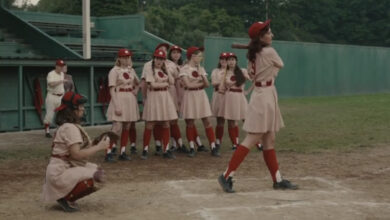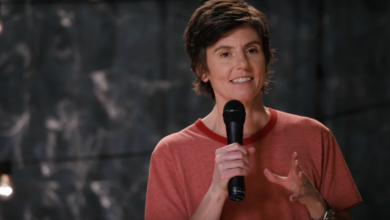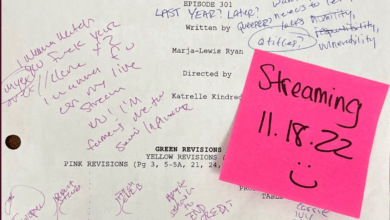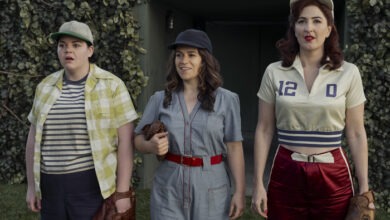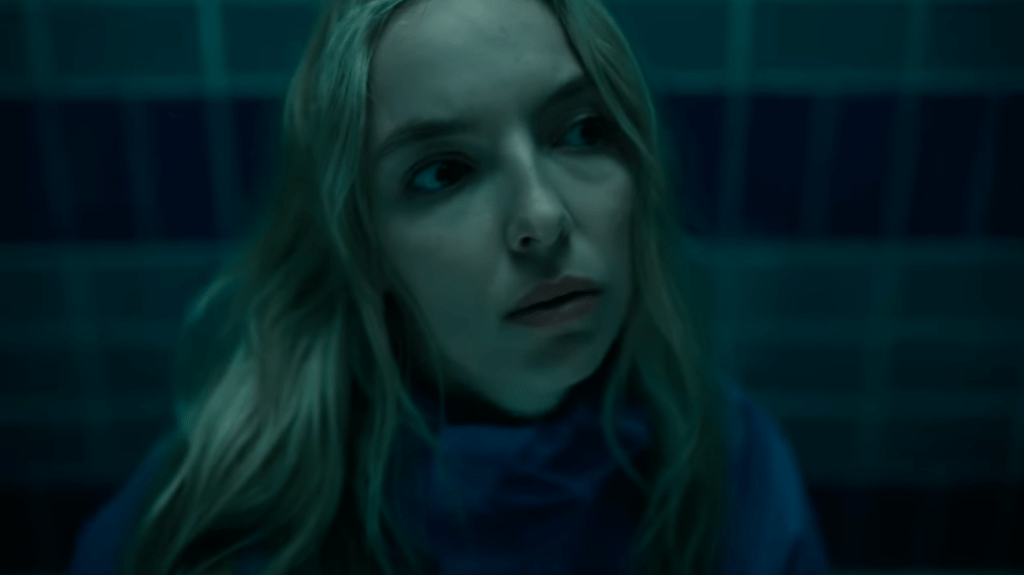
The loose ends and unanswered questions in the four seasons of Killing Eve are being tied up and answered, as the series descends to land. Just when I was ready to “kill” Eve for disregarding Villanelle as merely evil, rather than a whole person–good and bad–she shows a level of introspection and awareness of her contribution to Villanelle’s lifelong demonization.
It wasn’t explicit. We discover things about The Twelve, and Villanelle, as Eve does. It’s apparent that so much has been kept from Eve and Villanelle – and from us. In this episode, it’s revealed that Hélène and the powers-that-be prey on vulnerable young women and girls when scouting for The Twelve. Villanelle was in an orphanage, she displayed a “primal” (as Carolyn put it) capacity for violence as an abandoned young girl. From there she was groomed and indoctrinated, just like the military.

Carolyn offers her take on whether Villanelle is naturally evil or not. Villanelle attempts to kill her after she’s released from prison by Hélène, under the agreement she’ll work for The Twelve, and Carolyn appeals to Villanelle’s desire to know more about herself as a child. Villanelle forgets her younger years–a symptom of trauma–and Carolyn says she remembers Villanelle cutting off the circulation to another orphan’s finger. Is the memory real? Or does Carolyn have a stake in Villanelle’s evil ways? Does she want to lend rationality to Villanelle remaining “bad”? It seems so. She says that all people are murderous, it’s primal, so Villanelle might as well be good at it. She might as well get paid. Are The Twelve an analogy for pimps in the sex industry, who pray on teen runaways needing some quick cash?
The moral and experiential differences between those hunting down The Twelve and the assassins themselves are blurred in this episode. For example, it’s clear that Carolyn had a very real connection with a “bad guy,” quite like Villanelle and Eve. Time slows when they lock eyes again. She doesn’t immediately alert Villanelle to his presence. Not quickly enough for Villanelle to catch him, quite like Eve did done for three or so seasons – until S04E03.
Meanwhile, Eve tests her chemistry with Hélène, which falls flat, revealing there may be a deeper connection with Villanelle than Eve anticipated. Hélène recognizes Eve’s intrigue for Villanelle, suggesting she wants Villanelle out of prison. When Hélène offers up her definition of passion as suffering, as opposed to love, Eve kisses her and says “you have no idea.” It doesn’t lead to sex, it happens alongside cuts to Villanelle looking dreamily out of the window, and Eve leaves immediately after.
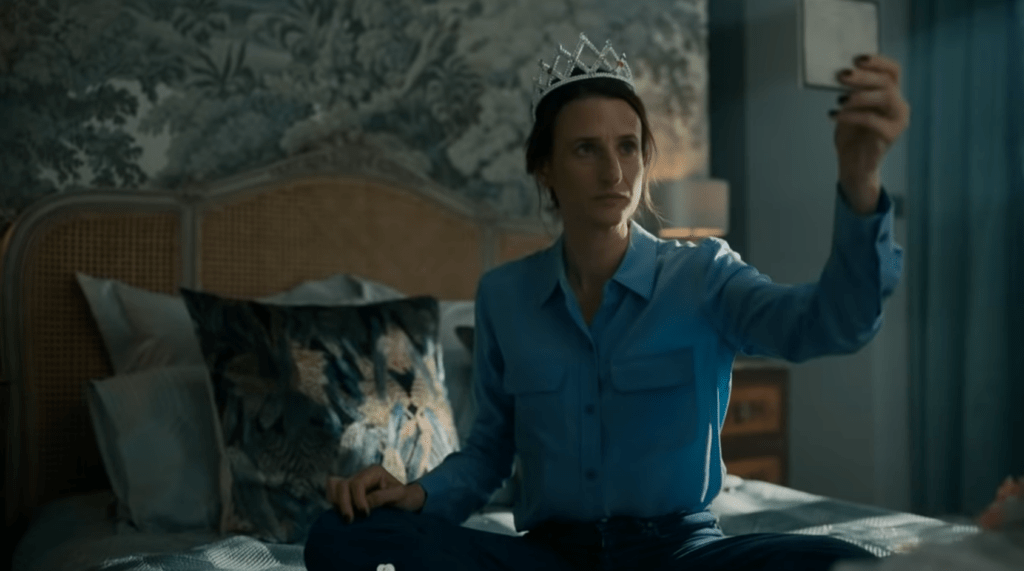
Eve is talking about her passion for Villanelle, not Hélène. The kiss reaffirms the passion for Villanelle, just like the passionless sex with her male co-worker and ex did. Eve wants Villanelle locked up because she doesn’t trust her – a conditioned distrust that isn’t cohesive with her instincts! – but her primal urge is to have her freed and near. Perhaps while we were made to believe Eve was attracted to Villanelle’s evil, so was she. She might be coming to the realization that Villanelle is more to her than a dangerous passion. Hélène’s evil didn’t cut it and she’s far more dangerous than Villanelle. Maybe Eve is realizing her attraction to Villanelle is based on seeing the good.
Eve wasn’t sold when Villanelle suggested, in the last episode, that she is evil because she was conditioned to be by her poor upbringing and subsequent grooming. But this episode showed Eve digging into the methods used by The Twelve to prey on vulnerable, troubled young girls. She knows that happened to Villanelle. She’s learning that she wasn’t wrong to see some good in Villanelle before they romantically parted ways on the bridge. The time they spent apart thereafter corrupted Eve’s instincts about Villanelle. It was easy to conceive of her as just “bad” when she wasn’t around. Perhaps Villanelle sensed this dehumanisation, making her seek church and therapy to change Eve’s mind.
We have more reason to trust and like Villanelle than Eve does. Her knowledge is largely based on instinct. Ours is right before us. For example, while Eve probes Hélène about The Twelve’s methods, we see Konstantin training Pam up for her new role as an assassin. She’s asked to push an innocent woman into the ocean, as a form of “blooding” for the job. When she protests, Konstantin berates her for being weak and emotional. The same training process happened to Villanelle.
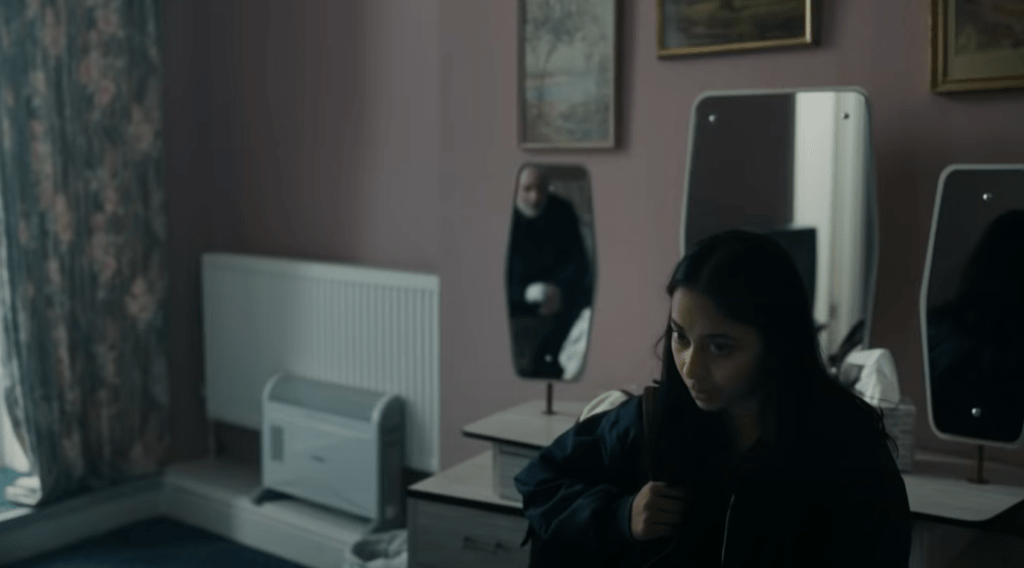
Despite not seeing Konstantin and Carolyn as objectively good, we were made to trust them in the previous seasons. Now it’s obvious that they’re both at the top of their field in what Villanelle and Eve do: Villanelle will train others if she remains part of The Twelve and then “retires,” and Eve will become Carolyn – letting the love of her life go because her job leads to a kind of othering. We, the detectives, are “good.” The Twelve, the assassins, are “bad.” This episode shows how the assassins were troubled as a reaction to real domestic trauma, but their capacity for violence was fine-tuned and pimped out by wealthy powers. Carolyn contributes to the naturalization of such conditioning by telling Villanelle she was always violent.
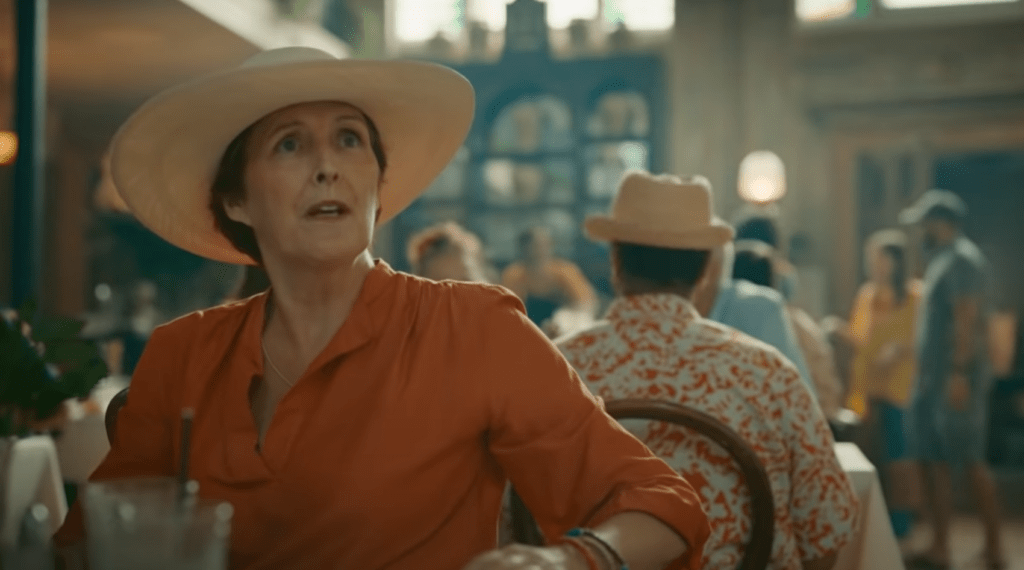
Carolyn and Konstantin want out. They see themselves as victims of the system, despite doing the dirty work when required because there’s always the threat they’ll be murdered if they don’t. The Twelve and its detectives is a hard dynamic to escape – are they one and the same? The moral of this episode is that nobody is strictly a hero or villain. The best thing Villanelle and Eve can do is run away, change their names, see the good and bad in each other–humanise each other–rather than submitting to the “us” vs. “them” dynamic that perpetuates the detective vs. criminal.
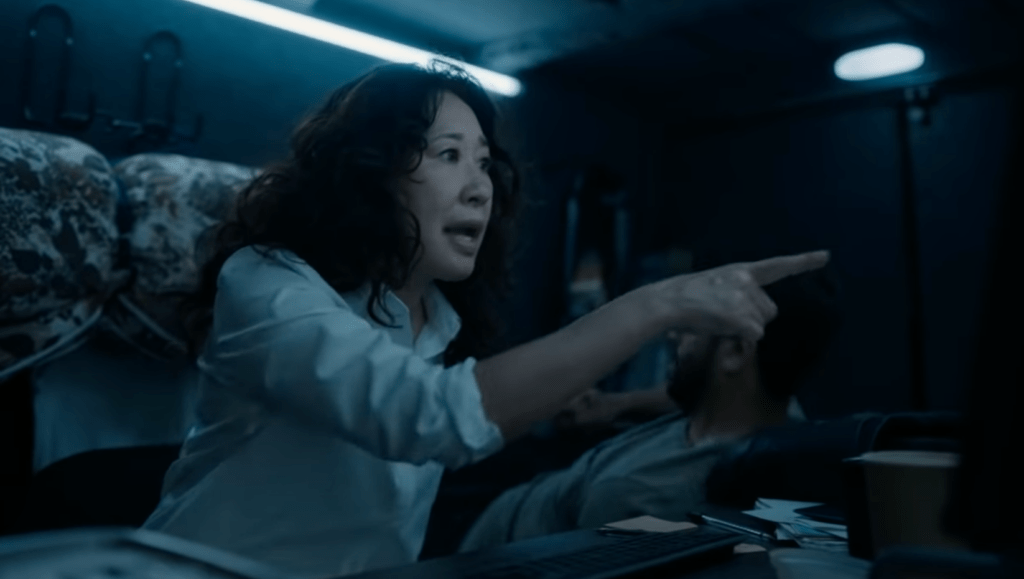
They see something in each other that reminds them of themselves. Understanding and empathizing with each other will mean Eve won’t see Villanelle as “bad” and Villanelle won’t uphold Eve as the unattainable “good.” Will Eve’s education on Villanelle’s forced, conditioned labour and demeanour bring down the walls that divide them? Will Villanelle forgive Eve for not doing it sooner? Are we seeing the sadist’s dominance and the masochist’s submission fade away until all that’s left are flesh and bones? Will that reveal love?


